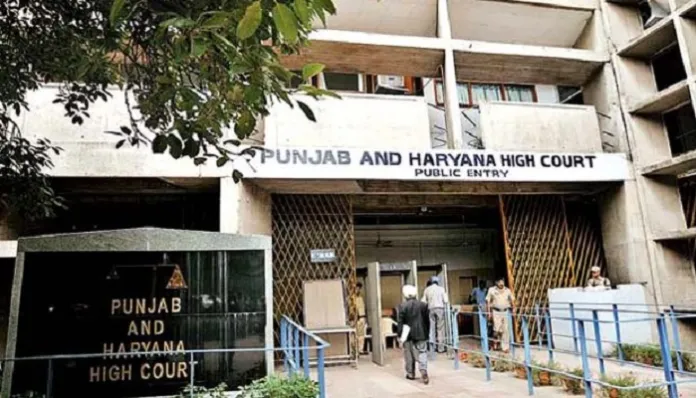In a landmark judgment that could potentially reshape the way cases involving alleged religious sentiment violations are handled, the Punjab and Haryana High Court has stated that insults to religion made inadvertently or carelessly, without malicious or deliberate intent, would “certainly be out of the purview of Section 295A of the IPC.”
Justice Manjari Nehru Kaul, while providing clarity on the scope of Section 295A which pertains to offenses related to insulting religious sentiments, emphasized that this provision of the Indian Penal Code does not seek to penalize “any and every act of insult or an attempt to insult the religion or the religious beliefs of a person or a community.”
Justice Kaul emphasized that Section 295A of the IPC pertains solely to acts of insult or attempts carried out with deliberate and malicious intent, intending to outrage the religious sentiments of a particular class or community. This assertion came as the Bench dismissed the FIR and all subsequent proceedings against the petitioner, who had merely mentioned a book to the complainant.
The FIR, filed on March 31, 2012, under Sections 295A and 53A of the IPC at Subhanpur police station in Kapurthala district, was deemed by Justice Kaul as not warranting the application of Section 295A. The court failed to understand how the petitioner could be held accountable under this provision, as he was neither the author, publisher, nor editor of the book in question. According to the FIR, he had simply discussed the book with the complainant.
In her detailed order, Justice Kaul added: “A bare reading of the FIR reveals that no allegations have been levelled against the petitioner, much less of distorting any facts relating to the life of Maharishi Valmik or he having intentionally circulated or distorted information about Maharishi Valmik. Thus, the petitioner without a doubt is on a much better footing than co-accused –– publisher and author of the Book, qua whom the FIR in question already stands quashed vide order dated March 24.”
The judgment also acknowledged that the publishing house in question had taken corrective measures in subsequent publications. They had removed the purportedly objectionable portions from the book, demonstrating respect for the sentiments of the complainant.
However, this instance is not the first incident where courts have underscored the scope of Section 295A of the IPC. Legal precedent has shown that inadvertent or non-deliberate insults to religion, devoid of malice, do not warrant an offence under Section 295A.
This was notably emphasized by the Tripura High Court in March 2021 and reiterated by the Bombay High Court in April 2021. Both courts firmly stated that a non-deliberate insult to religion, lacking the intention to offend religious sentiments, does not constitute an offence under this section.














Comments